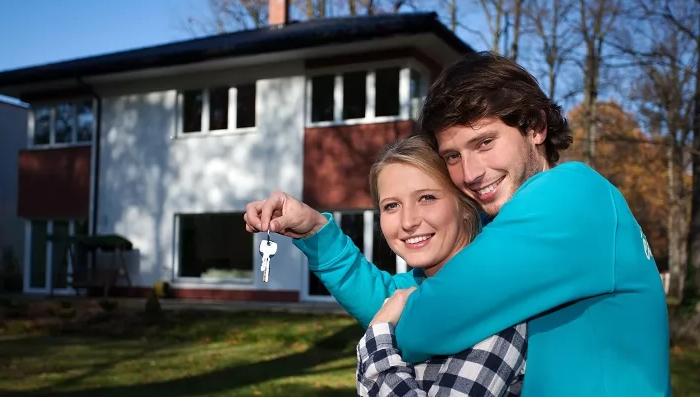Back in March when the Coronavirus first hit, several regional real estate markets in the U.S. witnessed an increase in the number of homebuyers. As the pandemic started affecting major cities, families realized the challenges of working—and schooling their children—from home. This led people to look for bigger houses with more yard space in suburban and rural areas. The record-low mortgage rates further fueled the home buying spree.
Florida’s housing market continued to be a bright spot for the state’s economy in October, even as the coronavirus pandemic showed no signs of easing. More closed sales, more new pending sales, higher median prices, and more new listings were recorded statewide last month compared to October 2019, according to Florida Realtors’ latest housing data. Single-family existing-home sales rose 26.9 percent compared to a year ago.
We estimate that both the luxury market and homes priced below $500,000 will see higher demand, but condominium units won’t be as strong. Residents working from home increasingly are opting for more space in a single-family house with a yard and would rather avoid densely populated condo high-rises.
Overall, there is no doubt about it: The Coronavirus has changed the way many people view the real estate market. That said, change isn’t necessarily bad. Many of today’s successful investors are the direct result of drastic fluctuations in the marketplace. Disruptions in the housing sector offer great opportunities for savvy entrepreneurs. However, that change will only work in favor of those who are willing to adapt to the shifting landscape.
Investors may turn to several Coronavirus real estate strategies to not only survive in the new environment but also thrive. To do so, the following exit strategies should be considered: Buy-And-Hold Real Estate, Commercial Investing, Real Estate Investment Trusts (REITs), Tax Lien Investing.
Despite the uncertainty that the coronavirus pandemic has brought to the country, there are many positive trends such as low-interest rates that have continued to support the real estate market and the overall economy. With news that a COVID-19 vaccine will soon be available, and with mortgage rates projected to hover around 3% in 2021, we speculate the market’s growth to continue into 2021.

